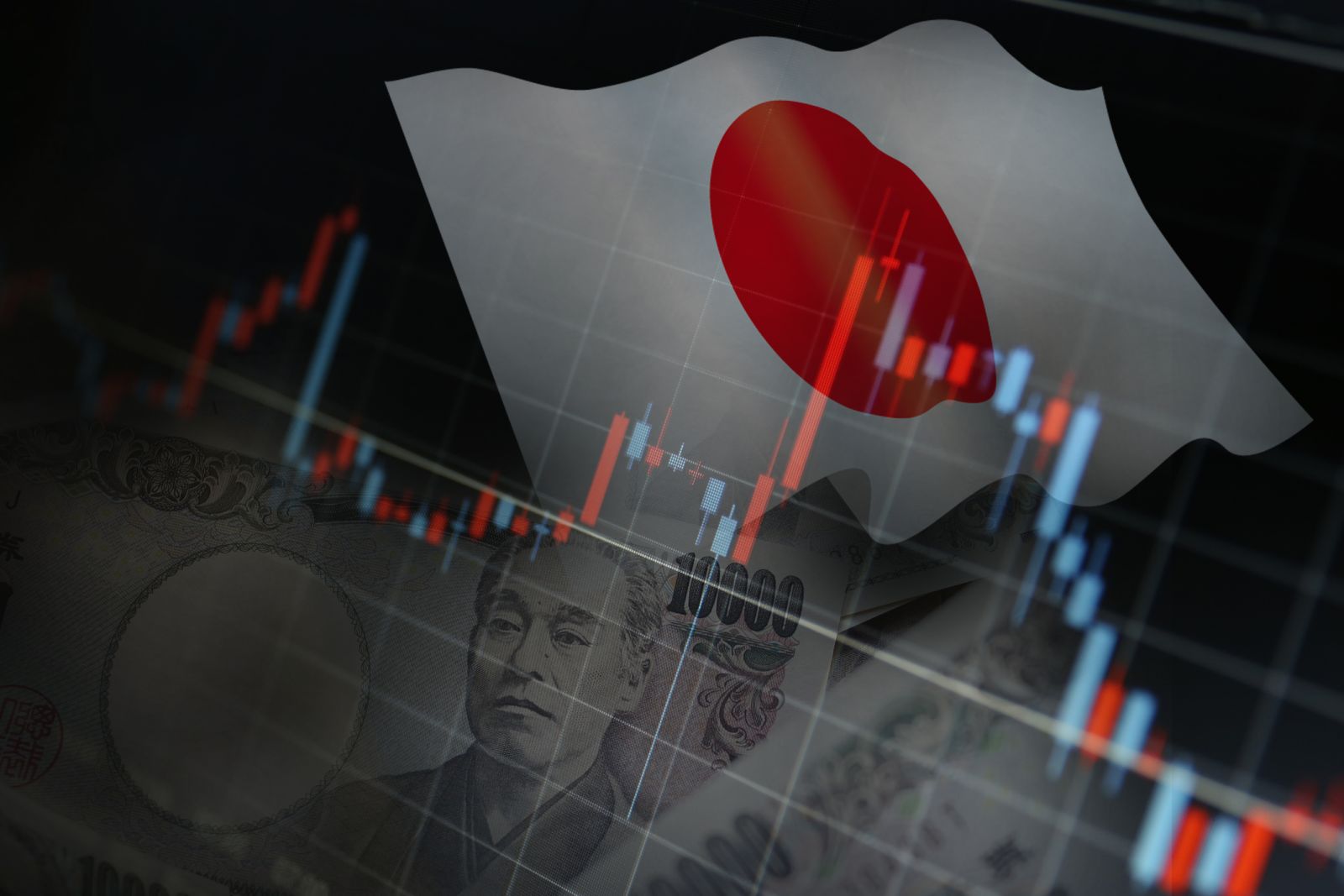
The Bank of Japan (BOJ) today officially ended eight years of negative interest rates that began in 2016. It’s a symbolically important policy shift, and one that reflects very real changes to the Japanese economy.
The bank lifted its prime lending rate to between 0% and 0.1%, up from minus 0.1%, to mark Japan's first rate increase since 2007. The BOJ also reversed other global financial crisis-era policies that began in 2007; policymakers are abandoning the yield curve control (YCC), which was used to cap the yield on 10-year government bonds at no more than 1%, and the central bank will no longer buy exchange-traded funds (ETFs) and REITs.
However, the BOJ pledged to maintain the purchase of long-term government bonds and keep conditions accommodative for a while longer. It will continue its Japanese government bond purchases with “broadly the same amount as before,” and increase them “in case of a rapid rise in long-term interest rates.”
But while vowing to keep policy easy until underlying price trends hit 2%, the BOJ acknowledged that if positive trends for wages and prices spur higher inflation, more rate hikes would follow.
Japan Awakens
Japan has been on a roll recently. The Nikkei 225 Index ($NKY), up nearly 20% in 2024, hit a record high last month, surpassing a level it last reached in 1989. The broader TOPIX Index ($TOPX) just surpassed its 1990 high.
And Japanese workers, meanwhile, just secured their biggest pay increase in 33 years. RENGO, Japan’s trade union confederation, reported on March 15 that wage talks resulted in an initial deal for 5.28% increases, the best outcome since 1991. Many of Japan’s largest companies - including Toyota (TM), Honda (HMC), Nippon Steel (NPSCY), Mitsubishi Heavy Industries (MHVYF), NEC, and ANA Holdings (ALNPY) - are granting workers their biggest pay hike in more than three decades.
This underlined the inflationary trend, and bolstered the case for the Bank of Japan to begin raising interest rates. These factors gave the BOJ confidence the country has turned a corner on deflation, which has been a problem for decades.
Raising interest rates will also put a dent into the carry trade. This is where big investors borrow money in yen at a negative rate and invest in places like U.S. Treasuries.
In fact, since the start of 2020, a carry trade of borrowing in yen and parking money in the Mexican peso and Mexican bonds (Mexican rates are above 11%) has easily beaten the return in the S&P 500 Index ($SPX).
Investing in Japan Now
Japan is finally out of the deep hole that it fell into once its epic asset price bubble burst almost two generations ago.
Today, big-name investors like Warren Buffett are bullish. The Berkshire Hathaway (BRK.B) chief has bet big on Japan in recent years, investing billions in the country’s five big trading houses - Itochu (ITOCY), Marubeni (MARUY), Mitsubishi (MTSUY), Mitsui (MITSY), and Sumitomo (SSUMY). Buffett owns about 9% of each company.
So, how can you invest in Japan as the BOJ raises rates?
Buying shares of an exchange traded fund (ETF) is the easiest way to bet on Japan’s resurgence. The biggest ETF for Japan right now is Blackrock’s iShares MSCI Japan ETF (EWJ), which holds large- and mid-cap stocks. This year, its price has risen 10.6%, and it took in almost $1.4 billion through Friday on a YTD basis, according to data compiled by Bloomberg.
One way I prefer to make money in Japan is through owning Japanese banks. The reason is simple - Japanese banks will start earning billions of yen in interest on their deposits with the Bank of Japan after it scraps negative interest rates on March 21.
Major banks, including Mitsubishi UFJ Financial Group (MUFG), have 106.7 trillion yen ($712 billion) in reserves that are currently paying no interest, according to BOJ data. They have another 79.4 trillion yen ($530 billion) on deposit that is earning 0.1%.
When the new rate is applied to current reserves, major banks will earn additional interest of about 100 billion yen ($663 million) annually, according to calculations made by Bloomberg.
And while banks have the opportunity to earn somewhat higher rates at the BOJ, most are likely to deploy their cash where there are better returns. The banks will likely shift their current account balances at the BOJ to government bonds, as yields on Japanese government bonds (JGBs) rise.
Finally, with the bulk of loans based on floating rates, the changes in BOJ policy rates are likely to have an immediate impact. For instance, MUFG has said that net interest income at its core banking unit will increase by at least 35 billion yen ($232 million) if the BOJ raises its policy rate to 0% from minus 0.1%.
Buy MUFG Stock
Most Japanese financial companies do trade here in the U.S., in the form of ADRs (American Depositary Receipts).
My top pick is the aforementioned MUFG, which is Japan’s largest bank. Its price/book ratio is still cheap, despite having risen to 0.8 from 0.5 in the past year. The interest rate rise should boost that even more.
Its latest cumulative nine-month performance was strong, with net profit of 1.298 trillion yen - accounting for more than 96% of the original full-year net profit estimate from MUFG.
It is the most global among Japanese banks, in terms of the contribution of overseas operations (especially in Southeast Asia) to profits and balance sheet. So, a currency tailwind with a stronger U.S. dollar will continue lifting MUFG's overseas earnings.
MUFG stock is a buy under $12.








